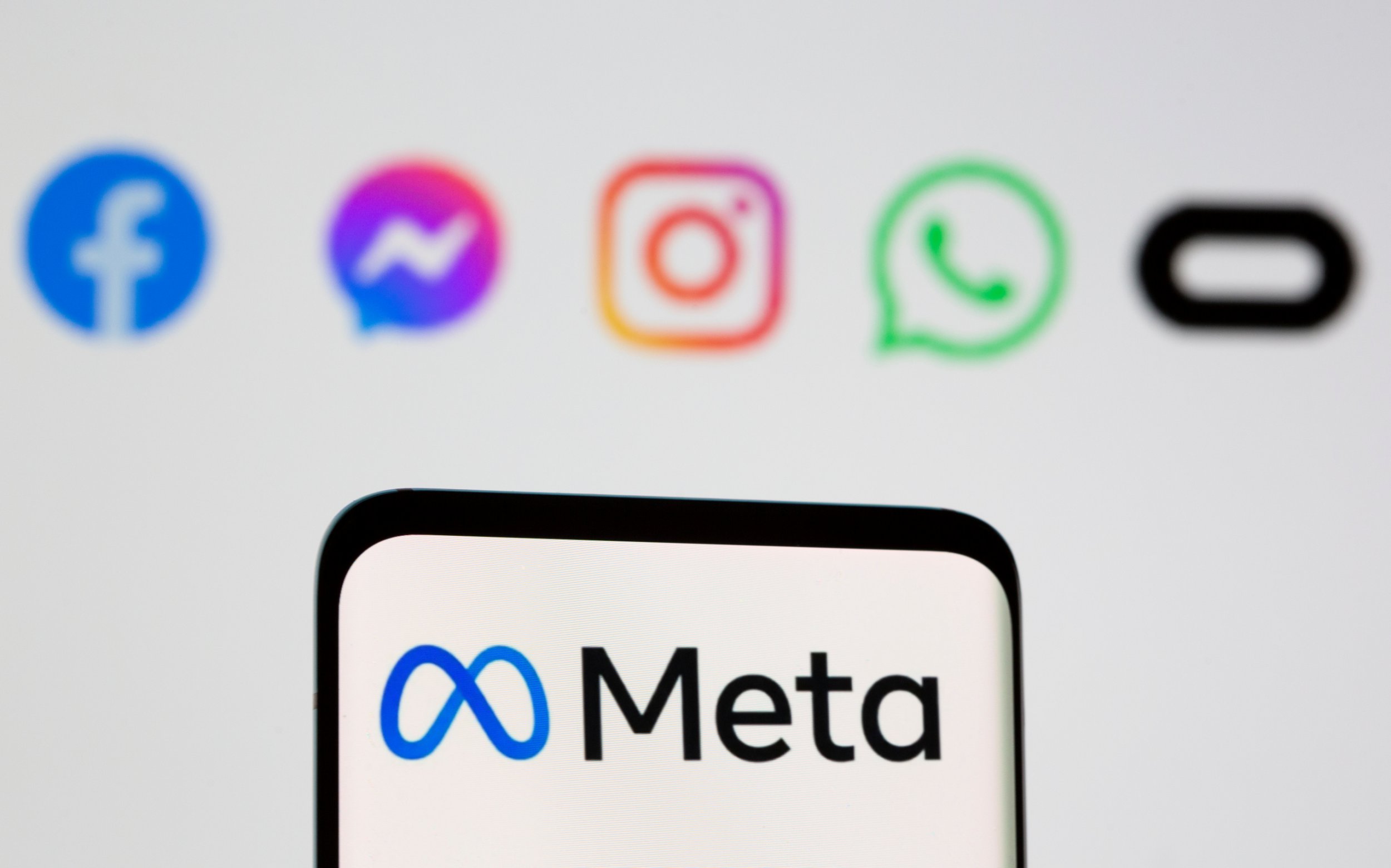A recent US Senate hearing saw former Meta executive Sarah Wynn-Williams accuse Meta of collaborating with the Chinese government to develop a censorship tool, codenamed “Project Aldrin,” which was allegedly tested in Hong Kong and Taiwan to suppress posts critical of the Chinese Communist Party. She further claimed Meta may have allowed Chinese authorities access to Hong Kong user data. The allegations have sparked concerns over whether tech firms have aided the suppression of pro-democracy figures in Hong Kong, putting the content moderation policies of other tech giants under scrutiny.
Wynn-Williams testified that in 2015, Meta devised a plan to enter the Chinese market, involving the censorship of content in Hong Kong and Taiwan. She alleged that Meta restricted the account of US-based Chinese dissident Guo Wengui at China’s behest. Backed by internal documents, she suggested Meta considered compromising user privacy for commercial gain. Meta vehemently denied the claims, calling Wynn-Williams’ statements “disconnected from reality” and riddled with errors, noting that the company does not operate in China and that Wynn-Williams was sacked eight years ago for poor performance. Senator Josh Hawley vowed to investigate whether Meta misled Congress in prior testimony.
The controversy has renewed focus on free speech issues in Hong Kong and Taiwan. In Hong Kong, where online expression has been heavily curtailed since the 2020 National Security Law, pro-democracy activists rely on social media to organise and voice dissent. If Meta’s alleged censorship is proven, it could further erode their ability to speak out and deepen public distrust in tech platforms. In Taiwan, fears of Chinese influence have heightened, prompting greater vigilance over information security among officials and citizens.
Other tech firms have not escaped similar controversies. Google faced backlash for briefly removing Hong Kong protest anthem Glory to Hong Kong from YouTube, though it has refused to comply directly with Hong Kong government data requests. Twitter (now X) suspended data sharing with Hong Kong authorities in 2020, taking a firm stand against pressure. Apple drew criticism for removing the protestor-used mapping app HKmap.live, raising questions about compliance with local authorities. Zoom, meanwhile, shut down online meetings hosted by US-based Hong Kong pro-democracy activists at China’s request, suggesting Beijing’s influence may indirectly affect such groups.
While no direct evidence confirms these companies systematically aided Hong Kong’s government in targeting pro-democracy figures, their content moderation policies could still inadvertently hinder activists’ reach. Analysts note that tech firms often grapple with balancing commercial interests, legal compliance, and free expression. In Hong Kong’s high-stakes environment, any perceived censorship risks significant backlash and could undermine the digital freedoms of both Hong Kong and Taiwan.
As investigations continue, Meta and other tech giants face growing scrutiny over their roles, with the future of online freedom in these regions hanging in the balance.
Discover more from “Bridging Hongkongers. Reporting Truth.”
Subscribe to get the latest posts sent to your email.




